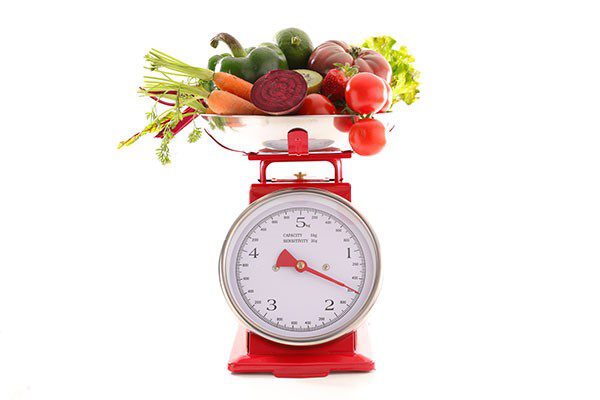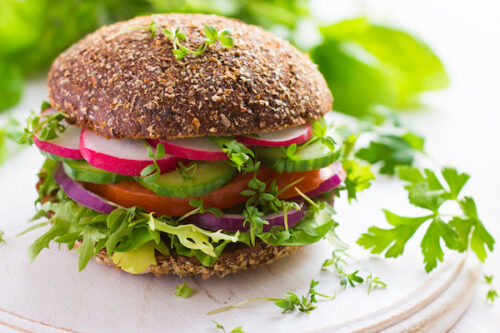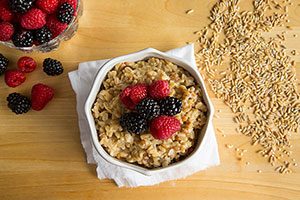How to Successfully Count Calories!

Jeff Novick, MS, RDN
Calories.
We love them and hate them.
When we are out walking or exercising and are thinking about how many calories we are burning, we love them.
When we are indulging in our favorite foods and thinking about how many calories we are consuming, we hate them.
With >67% of American adults overweight and >33% of them considered obese, calories are an issue because many of us struggle to maintain and/or lose weight. While we always hear about special diets, pills, supplements, etc. that will help us somehow escape the first law of thermodynamics, the bottom line is that our weight is a factor of energy balance.
To that end, many of us are encouraged to count calories, in and out. The problem is that counting calories is extremely ineffective and, for many reasons, almost impossible for most people to do. Here are a few of the reasons why:
– We have poor tools that are fairly inaccurate for counting calories. Even trained professionals have been shown to be 37-50% off or more. I recently discussed this in the newsletter, Do You Know How Many Calories Are in The Food You Eat?
– Counting calories eventually and almost always leads to portion control, which does not address the important issues of hunger and satiety. This leads to unsatisfied hunger, which may lead to binging for many.
– Counting calories does not consider the many other factors that may influence the daily fluctuations in weight that we have no way to control for, such as fluid balance.
– Counting calories uses calorie values that are based on estimates and not always accurate and can be 20% off or more. I discuss this in my article, Accuracy in Nutrition: How Accurate Are the Atwater Values?
– Counting calories does not take into account absorption, which can be influenced by several factors including how the food is cooked, its form (whole, blended or juiced/extracted) and the amounts of fat or fiber in the food.
– Dietary fiber, which is often thought of as not yielding any calories (so is often left unaccounted for), actually yields 2 calories per gram.
– Resistant starch, which is often thought of as not yielding any calories (so is often left unaccounted for), actually yields 2-2.5 calories per gram.
So, what is the best way to successfully count calories?
There is none.
Unless we lock you up in a metabolic chamber where we carefully monitor every single issue mentioned above. 🙂 Or you carefully try and weigh and/or measure every morsel of food and every drop of beverage that goes into your mouth.
Since this is not possible for most people, there just is no real practical way for anyone to micromanage all these details on a daily basis and to count calories accurately. That is why trying to count calories and micromanage energy balance on a daily basis is so difficult and virtually impossible for most.
So, what do we do?
Learn and understand the principles of calorie density, which are simple, easy to apply, time tested and proven. The principles of calorie density put you in control of your caloric intake without your having to count calories or micromanage what you are doing.
To learn the principles of calorie density and how to apply them, check out the following newsletters…
The Calorie Density Approach to Nutrition and Lifelong Weight Management
10 Point Checklist for Maximum Weight Loss
The best method to see how well you are doing is to simply weigh yourself on a scale on a weekly basis. To do so, weigh yourself on the same scale, in the same place, at the same time, in the same clothes. For the most accurate weight, weigh yourself without clothes on, first thing in the morning after awakening and going to the bathroom. You can read more on this topic here…
Once you learn the simple and easy principles of calorie density and how to apply them, you can adjust them as needed to your individual needs, which may vary from time to time.
In Health,
Jeff
Recommended Articles

Dining Out

6 Plant-Based Diet Myths That Are Completely Untrue







